Suleiman, a Bangladeshi boy, joined the Child Brigade at 14 to improve children’s rights and access to education, despite human rights organizations advocating for stronger legal measures.
Bangladesh: From a child drug trade worker to a student and an activist for street children
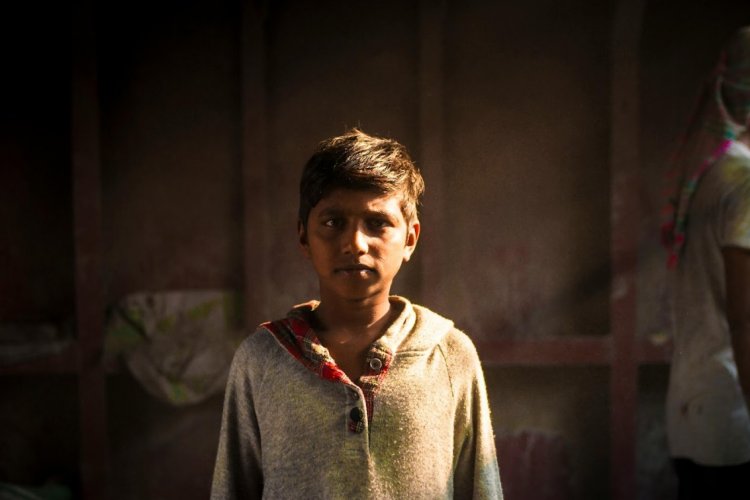

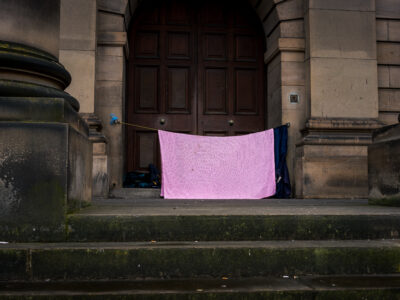
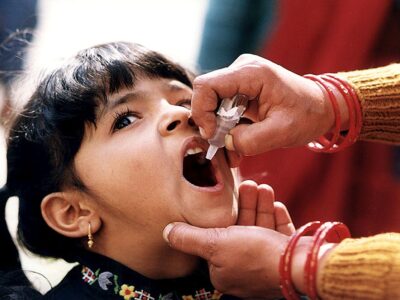

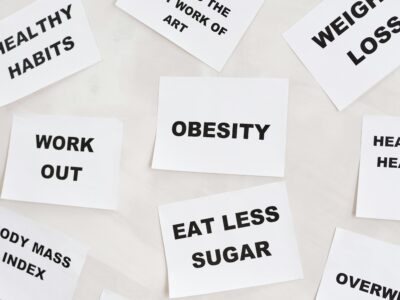
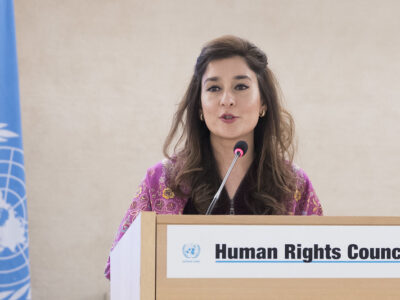

Comments